
Hypnos The Greek god of sleep Smite Amino
Somnus is not just a deity overseeing sleep; his powers dive deep into the realms of dreams, fatigue, and rest. One could argue that he governs one of the most vital aspects of human health and well-being. With the ability to send dreams to mortals, Somnus could influence human thoughts, emotions, and even foretell events.

Hygieia, goddess of Health and Hypnos, god of sleep Museum of Fine Arts, Boston
Help Wikimedia Commons has media related to Sleep deities. Deities associated with sleeping and dreaming. Subcategories This category has the following 3 subcategories, out of 3 total. Sleep goddesses (3 P) Sleep gods (9 P) G Greek sleep deities (1 C, 8 P)

Morpheus God Of Sleep Quotes ShortQuotes.cc
Overview. Gentle Hypnos, child of Nyx, was a Greek deity who personified sleep. He was most often imagined as a benevolent god, bringing peaceful sleep to all living things. But there was a darker side to Hypnos: the god of sleep was also associated with death. Indeed, Thanatos —the personification of death—was his twin brother.

Hypnos the god of sleep and since I am a Hypnotherapist, she/he is in my clinic's room
The Greek god of sleep is Hypnos, whose mission is to help people sleep soundly. His twin brother Thanatos is the god of a peaceful death. Together, they were able to help humans avoid suffering and die peacefully while they slept. The twins are the children of Nyx, the goddess of the Night, and Erebus, god of darkness.
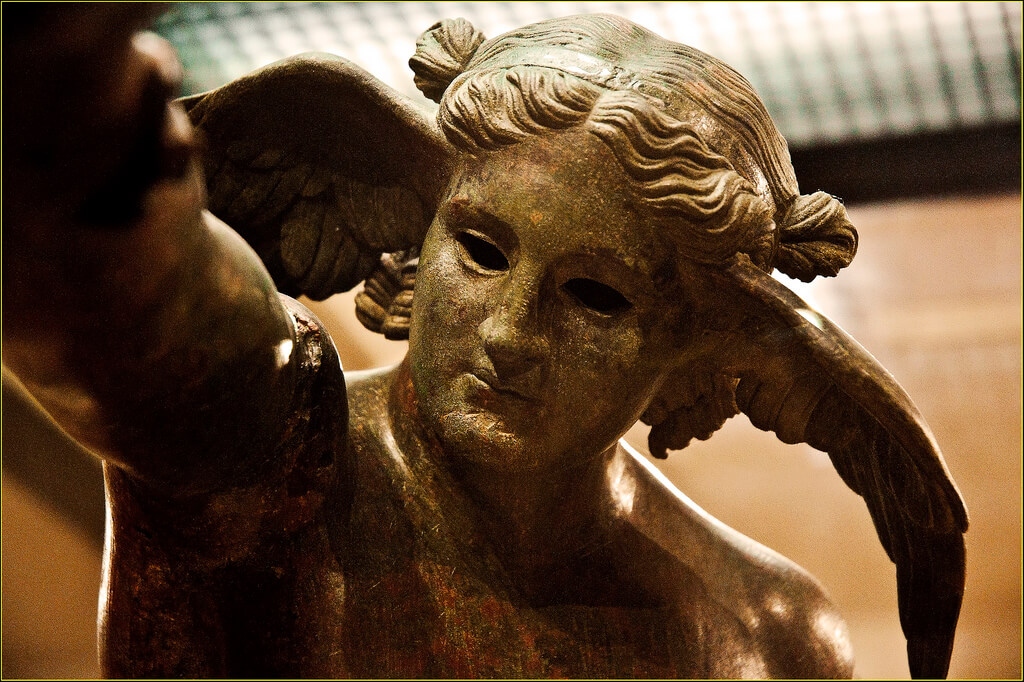
Shrine of Hypnos, The Greek god of Sleep The UK College of Hypnosis and Hypnotherapy
The Crossword Solver found 30 answers to "God of sleep (8)", 8 letters crossword clue. The Crossword Solver finds answers to classic crosswords and cryptic crossword puzzles. Enter the length or pattern for better results. Click the answer to find similar crossword clues . Enter a Crossword Clue Sort by Length # of Letters or Pattern Dictionary
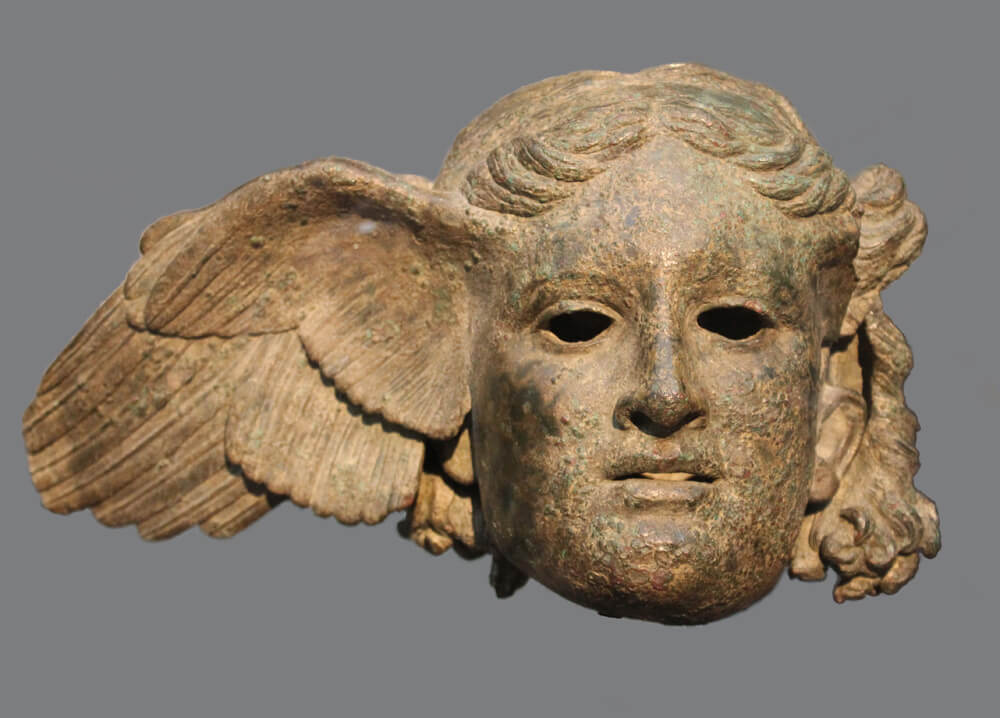
Shrine of Hypnos, The Greek god of Sleep UK College of Hypnosis & Hypnotherapy Hypnotherapy
Hypnos, the Greek god of sleep, holds a significant place in Greek mythology. He is the son of Nyx (Night) and twin brother of Thanatos (Death). Hypnos resides either in the underworld or on the island of Lemnos, with a dark cave in the land of the Cimmerians mentioned as his abode. Accompanied by his children, the Oneiroi, who bring forth.
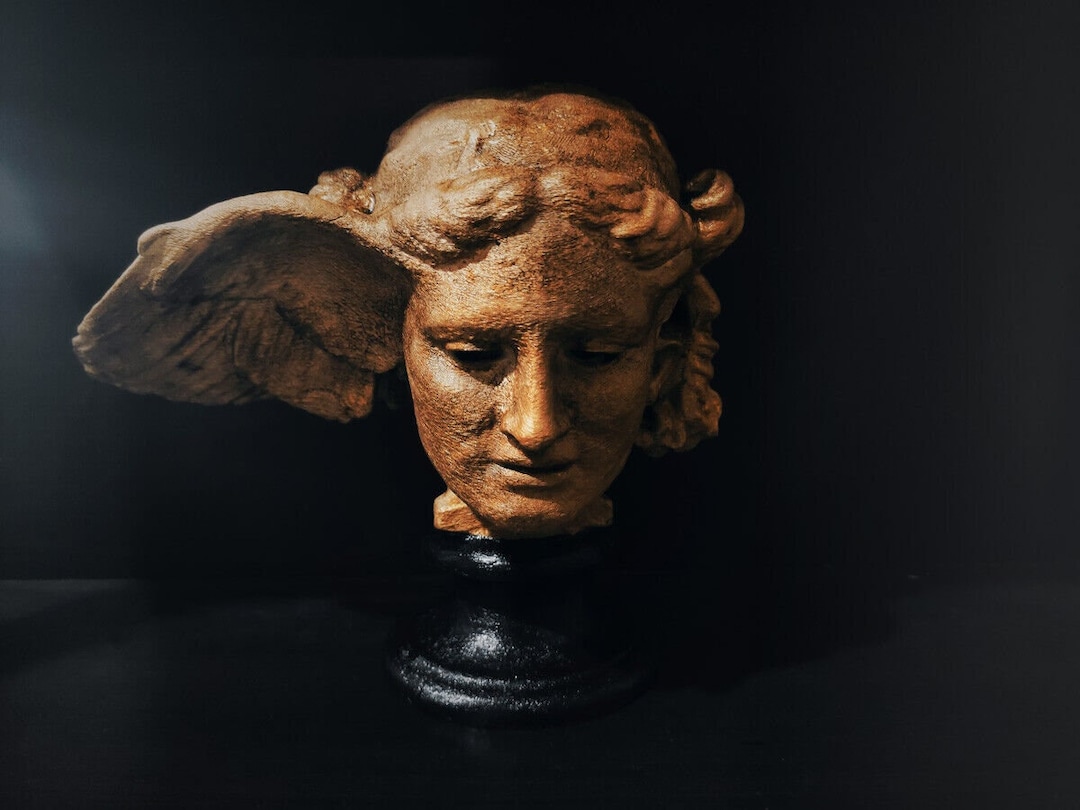
Hypnos. God of Sleep. 45CM. Exact Replica of the Original Etsy
Hypnos - The Greek God Of Sleep In Greek Mythology, the first gods and goddesses represented fundamental forces and the foundations of the physical world. Unlike more familiar gods like the Twelve Olympians, older deities had fewer human-like features and characteristics. Instead, they were the personification of abstract concepts.
[GOD CONCEPT] Somnus, God of Sleep (+ Illustration/Updates) Smite
HYPNUS, the personification and god of sleep, the Latin Somnus, is described by the ancients as a brother of Death ( thanatos ), and as a son of Night (Hes. Theog. 211, &c.; Virg. Aen. vi. 277). At Sicyon there was a statue of Sleep surnamed epidôtês, the giver (Paus. ii. 10. § 2).
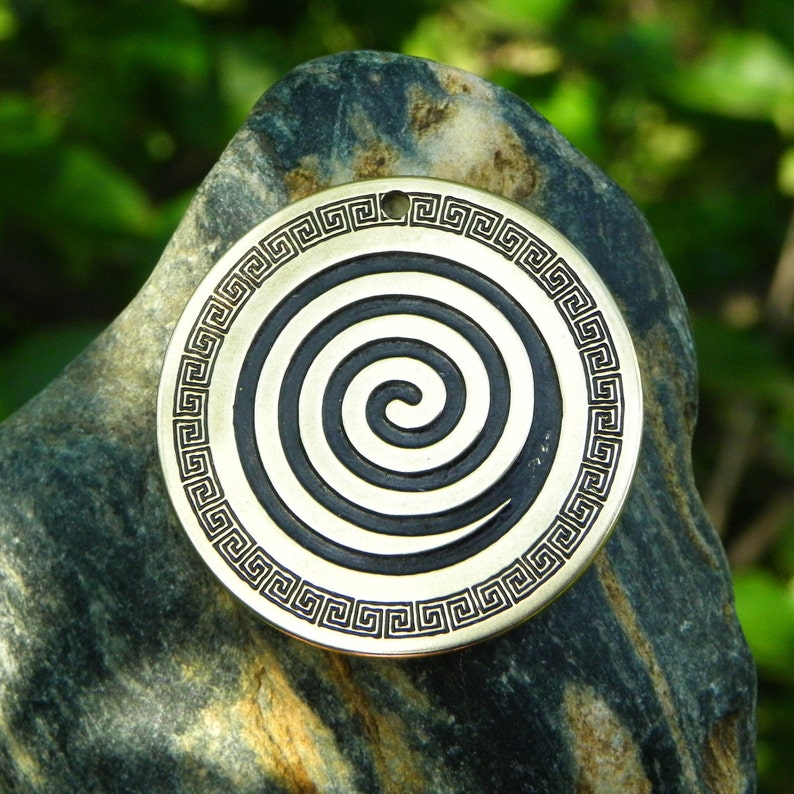
Symbol of Hypnos God of Sleep amulet Etsy
Who Was Hypnos? Hypnos is perceived as a calm and gentle god. He is known as the god of sleep in Greek mythology. Also, Hypnos was a male god. He was the son of the powerful goddess of the night, who goes by the name of Nyx. Although initially thought of as the fatherless son of Nyx, Hypnos was later believed to be fathered by Erebus.
[God Concept] Hypnos, God of Sleep Smite
In Greek mythology, Hypnos ( / ˈhɪpnɒs /; Ancient Greek: Ὕπνος means 'sleep') [3] also spelled Hypnus is the personification of sleep; the Roman equivalent is known as Somnus. His name is the origin of the word hypnosis. [4] Pausanias wrote that Hypnos was the dearest friend of the Muses. [5] Description
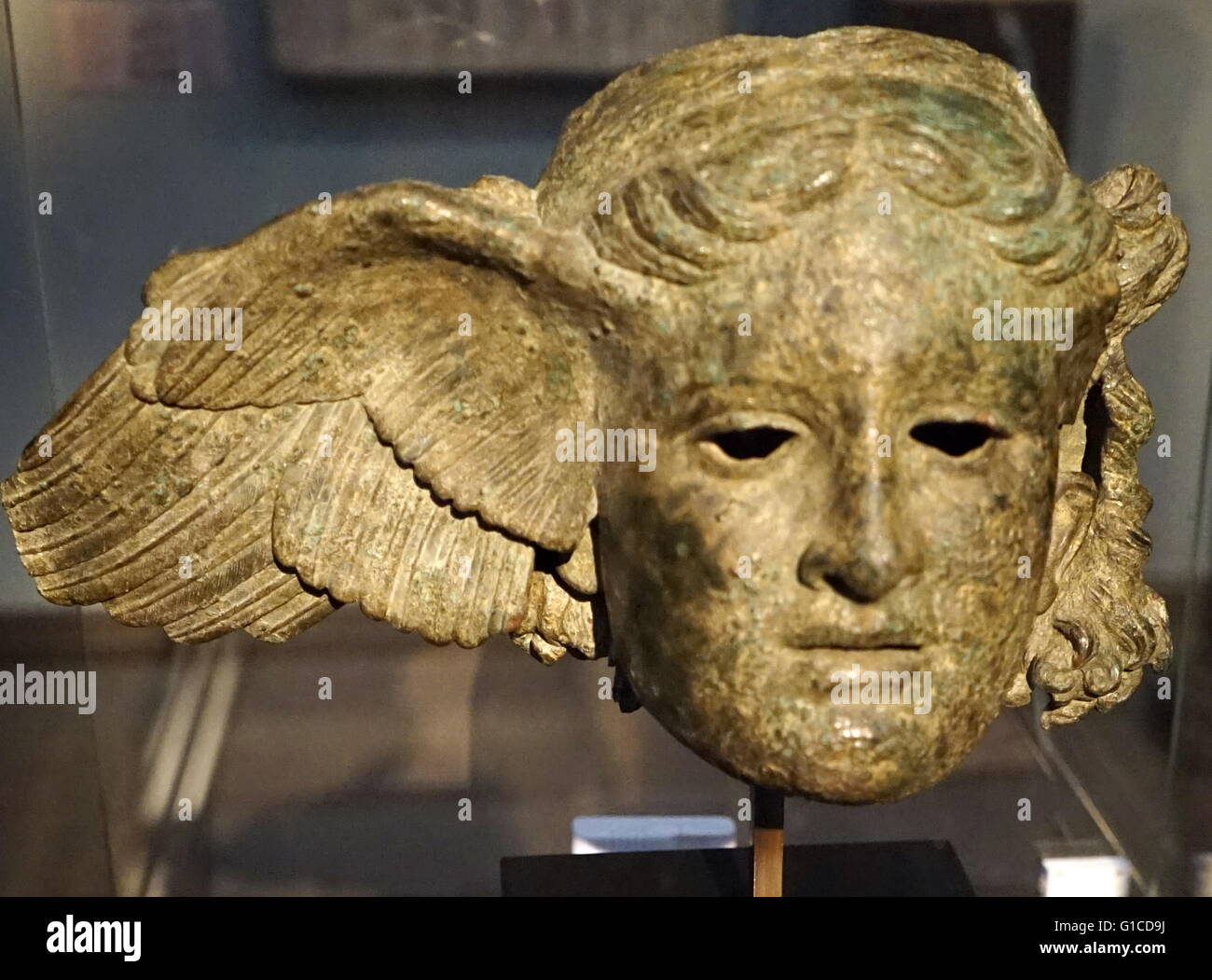
Bronze head of Hypnos, the Greek god of sleep. Dated 275 BC Stock Photo Alamy
Greek Gods and Goddesses - Hypnos - The Greek God Of Sleep (Dec. 14, 2023) See all related content → kylix 510 Hypnos, Greco-Roman god of sleep. Hypnos was the son of Nyx (Night) and the twin brother of Thanatos (Death).

Hypnos the Greek God of SLEEP Greek Mythology Explained YouTube
Hypnos was the Greek god of sleep. He was a type of minor deity called a that personified his domain. meant "sleep," and like other he had little characterization beyond his function. Fittingly, Hynos was the son of , the primordial goddess of the night. He lived in a cave in the realm of his father, the primordial darkness of Erebos.

curiosity Hypnos Statue, Greek gods, Greek and roman mythology
The Hindu god Narayana is connected to sleep and death, said to be the originator of all life. Even Jesus has been referred to as "the God of Sleep" due to his power to heal through restful sleep. In more recent times, researchers have delved into how beliefs about a sleeping god differ in various cultures and eras.

Hellenic Mythology Hypnos, The God of Sleep by EmanuellaKozas on DeviantArt
1. Nyx: The Greek Goddess of the Night Nyx is the personification of the night itself. She's the daughter of Chaos, the place and time that predates creation and represents the gap between Heaven and Earth. She appears to exist at the beginning of creation, marking her a primordial entity and not part of the well-known Olympians.

Bronze Hypnos (God of Sleep), Roman, British Museum Greek Gods And Goddesses, Greek Mythology
Name and Etymology. Hypnos, a name that resonates with tranquility, is derived from the ancient Greek word "ὕπνος," which directly translates to "sleep.". This etymology is straightforward, capturing the essence of the deity's dominion. In Roman mythology, he's known as Somnus, a name that similarly evokes the realm of dreams.

HYPNOS God of Sleep by SamiaEscorcio on DeviantArt
Morpheus Sleeping, by Ivan Prokof'yevich Prokof'yev, 1782, via the Web Gallery of Art. Morpheus, son of Hypnos, the personification of Sleep, was the god of Dreams.His name reflects his role in Greek mythology: the Greek μεταμόρφωσις (metamorphosis) translates as "transformation", which can be broken down into μετα- (meta-) meaning "after" and μορφή (morphe.
